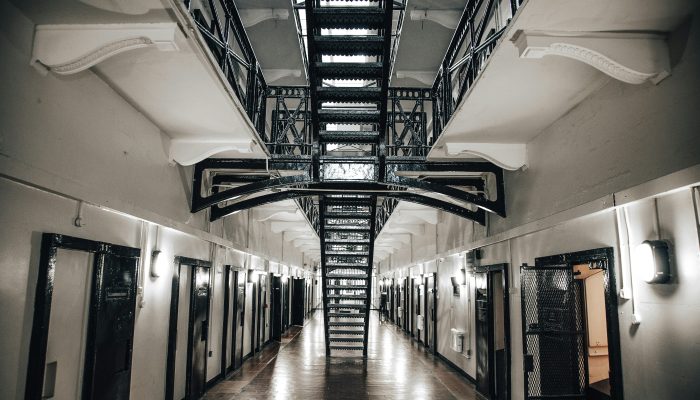A Colorado native and former teenage runaway with a criminal history who moved to South Dakota with her children and became a top student in a law enforcement program won’t be allowed to become a police officer in the state.
The state Law Enforcement Officers Standards and Training Commission voted unanimously on Wednesday to deny certification for Samantha Hamm.










